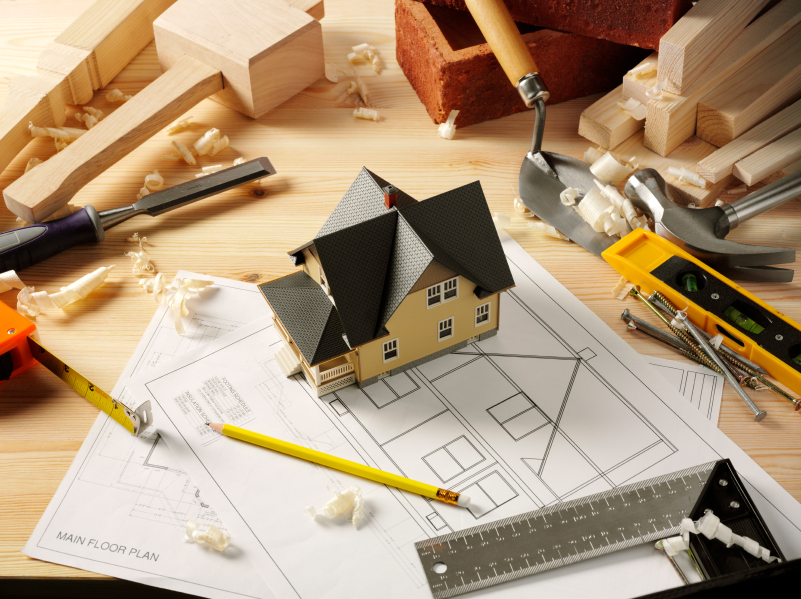Knowing how to build or renovate something from the beginning is immensely satisfying. However, it is vital to think of safety before starting any DIY job and put some measures in place so as to protect yourself, your neighbors, and family.
Without safety precautions and appropriate planning, even a small DIY home renovation may make you visit an emergency room. You can choose to use a professional Lakeside-hire.co.uk but if you want to do it on your own you need to narrow down to the following tips so as to stay safe while carrying out DIY home renovations:

- Deal with Lead-Based Paints Properly
Test different surfaces before stripping or sanding. Plus, before you remove a small quantity of lead-based paint, ensure you seal off your working area with plastic sheeting and duct tape.
Remember also to vacuum the area using a particulate vacuum cleaner. If your wife is pregnant and has kids, ensure they are not at the worksite or in the house until you obliterate the dust.
- Learn Ladder Safety
When using ladders, position them on a firm and flat surface. As you climb up, be sure to keep your weight at the center and have around three points of contact.
Avoid leaning out to one side. Instead, keep your legs between the rails and don’t stand on two rungs at the top.
If you use extension ladders to reach your roof, make sure you extend around two rungs above the eaves. With this, you will be able to hold on to your ladder while stepping onto the roof.
- Keep Your Skin Safe
Wear the proper uniform and workwear solutions from RWW Group so as to protect your body from whatever you are doing. Highly flammable, not enough coverage, or too loose materials can put you at risk.
It can also be vital to put on gloves whenever you touch chemicals. Similar to breathing masks, there are gloves rated for all the chemicals used.
- Work with the Right Tools
Just as you wisely choose a saw or drill for construction projects, you will need to choose the right tools for your renovation tasks. You should at least have a sledgehammer, claw hammer, prybar, and crowbar.
A reciprocating saw can also be necessary for major demolition tasks. However, if you have roofing or flooring projects, demo forks will simplify prying up some materials.
- Carry out Projects Slowly
You should be patient when conducting DIY home renovations. Begin by cleaning the working area and make sure it is lit properly.
Carrying out a renovation project in a hurry can result in accidents, which you may prevent. Be slow and steady, and remember to pay more attention to safety and quality so as to attain great results. Take your time and think everything through including your insurance needs. Once you are done with your projects, clean the tools and keep them in a secure or safe place.
Final Thoughts!
With the popularity of renovation shows designed to enthrall many viewers with stunning home improvement ideas, it is simple to be swiped up in the DIY craze.
Hopping to save cash and channel your inner design diva, you can be tempted to pick up several tools and give home renovations a try.
This sounds empowering, but there are some home renovations you shouldn’t do in the real sense. Though if you must, it is important to exercise safety measures to keep yourself safe.




